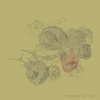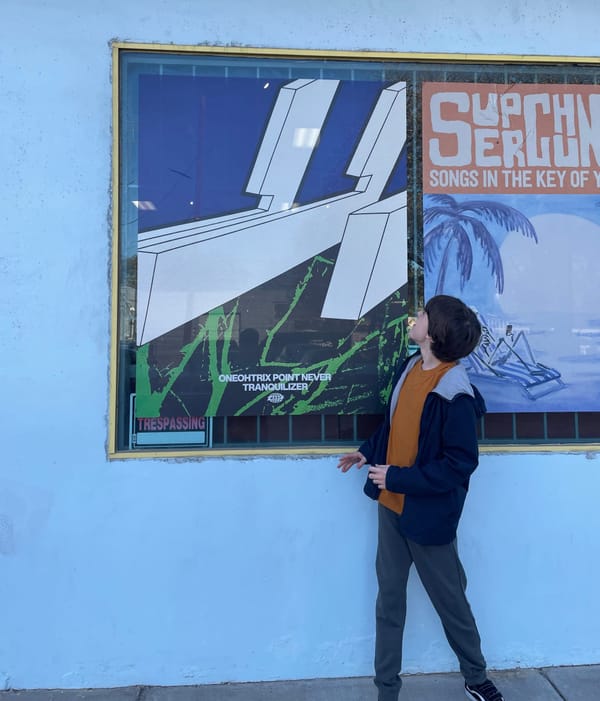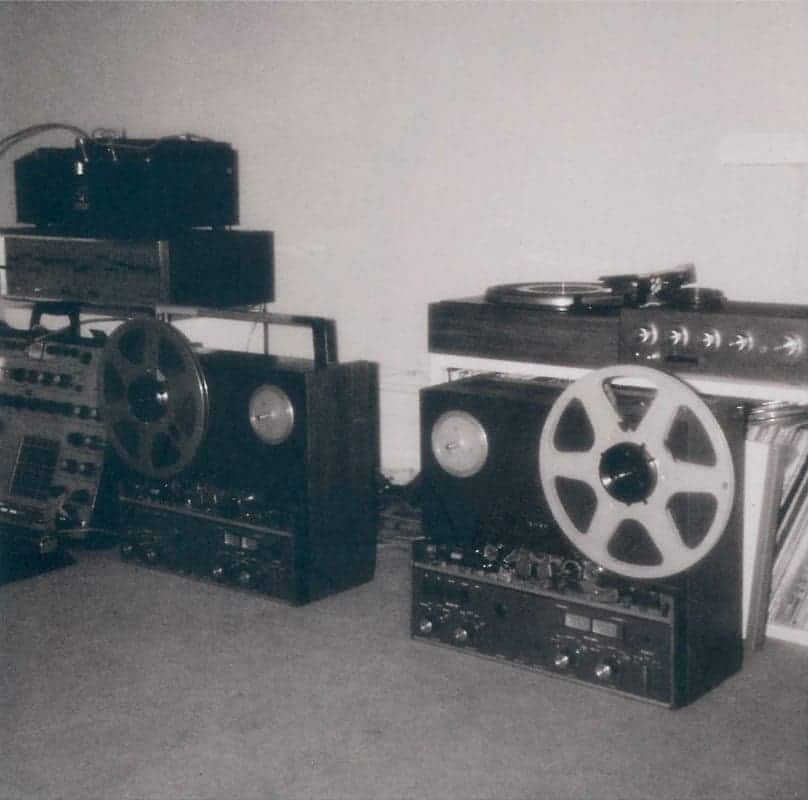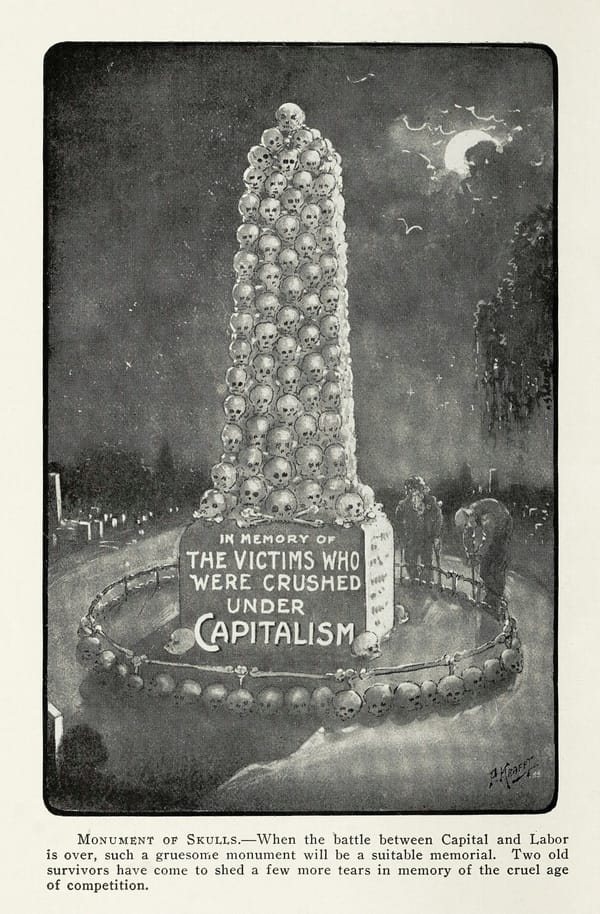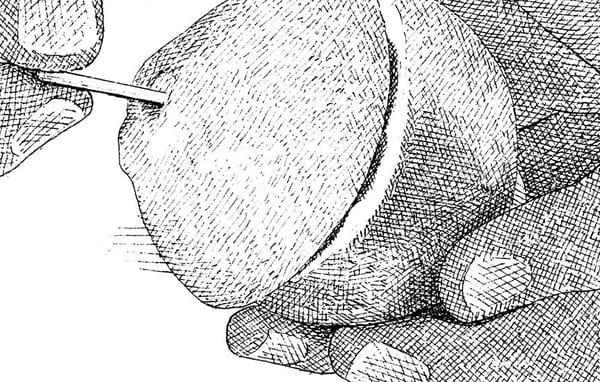#25: Who stabbed you?
New music from Seefeel, Matchess, Mica Levi, Midwife, and more

This week’s playlist: Spotify / Apple Music
At this point, we’ve reached peak saturation of statistical analysis applied to music. This is not a complaint! Like everyone, I enjoy seeing evidence of how genres have exploded or how the music that most influences us is what we heard in our early teens (and also, that it doesn’t matter), or how Spotify knows what we want to hear.
I suspect the reason why these pieces are such a solid bet for going viral—pivot to data science!—is because Spotify has broken our comprehension of the music landscape, and we’re still trying to catch up and make sense of it all by turning to posts that promise, well, to make sense of it all.
And now, the mothership of all pieces that apply data analysis to music has landed. “How Has Music Changed Since the 1950s?” spans the history of popular music—you know you’re in for a ride when the first line is, “For 400 years, music publishing was dominated by sheet music.” Anyway, combining the twin data arsenal of Billboard’s Hot 100 with Spotify, the piece shows that popular music is getting shorter, more danceable, more vocal, and more negative. As for why, it’s anyone’s guess, but I appreciated the deflection of how a vague sense of “short attention spans” are too frequently cited as the reason for why anything happens, ever:
There are numerous theories regarding the shortening of popular music. The first (and laziest) theory is that consumer attention spans fell. That may be true, but shorter attention spans are usually an output rather than a causal factor...
Two main ironies emerge here, which is that 1) Spotify itself may be giving us shorter music because that’s what it knows we want to hear, and is therefore playing an outsized role in accelerating the shortening of human attention spans; and 2) the only reason any of these articles exist is because Spotify’s data provides the basis for their data-led arguments.
In other words, Spotify’s relationship with humanity is not unlike this exchange from The Royal Tenenbaums:
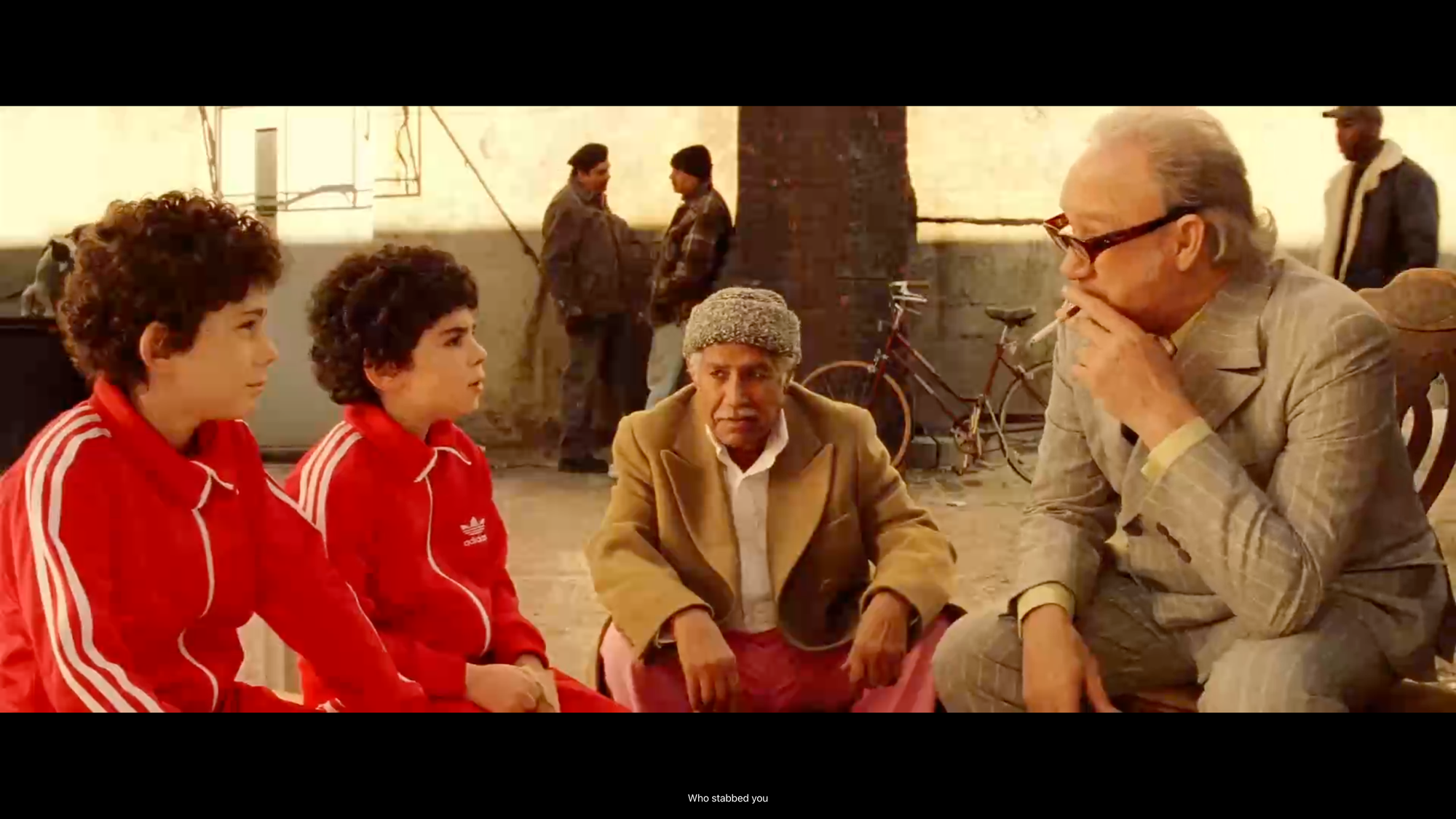
[Royal motions to Pagoda]
Royal: He saved my life, you know. Thirty years ago. I was knifed at a bazaar in Calcutta, and he carried me to the hospital on his back.
Ari: Who stabbed you?
[Royal motions to Pagoda again]
Royal: He did. There was a price on my head, and he was a hired assassin. Stuck me in the gut with a shiv.
Now on to this week’s new, attention-span-unfriendly music, a full third of which are songs right around seven minutes and up.
Seefeel, “Sky Hooks”
I can’t believe I get to say there’s a new Seefeel album on the way. It’s their first since 13 years ago, when they released their first album in 15 years. In other words, we’re talking about a lot of years here, which makes it all the more stunning to hear them in such fine form, picking right up with the dubgaze sound they pioneered back in their early-mid ’90s heyday.

death’s dynamic shroud, “Mysteries of the Cleft”
I’ve been laying in bed and battling a pretty awful virus the past few days, and this 10-minute soundscape—on repeat, on headphones—sent me to an entirely different dimension. Music as painkillers.
Matchess, “In Sleep”
Cascades of texture permeate this song, led by a single, slowly panning, two-tone guitar line. So beautiful, with some echoes of Slowdive’s “Avalyn” going on.

Mica Levi, “slob air”
An absolute epic, mostly centered around a two-note progression and an unchanging drumbeat. So mesmerizing that when the changes start to seep in, it’s fairly jarring. Could listen to this all day.

Annelies Monseré, “Simple Fractures”
A haunting, dirge-y groove, like Stereolab recording a Kranky album.

Lia Kohl, “Car Alarm, Turn Signal” feat. Ka Baird
It’s fascinating in this to hear in this one how the mayhem turns to melody in a barely perceptible way, turning from cacophony into what musically resembles a car alarm into what I’m pretty sure is, yes, a turn signal. And it’s another one this week where a song centers around a two-note sequence.

Wendy Eisenberg, “Lasik”
This experimental, upside-down, jazzy track is the first I’ve heard from Eisenberg, an improvisational guitarist who, as this song proves, is an expert at containing—and unleashing—the chaos.

Nightshift, “Sure Look”
I’ve been holding onto this song for a while now, but never quite got around to slotting it into one of the weekly playlists—until I realized that, even as I hadn’t been actively listening to it, the song had nevertheless been playing in the background of my head the whole time. Be forewarned: This is an incredibly catchy song, and it’s about to be living in your heads too.
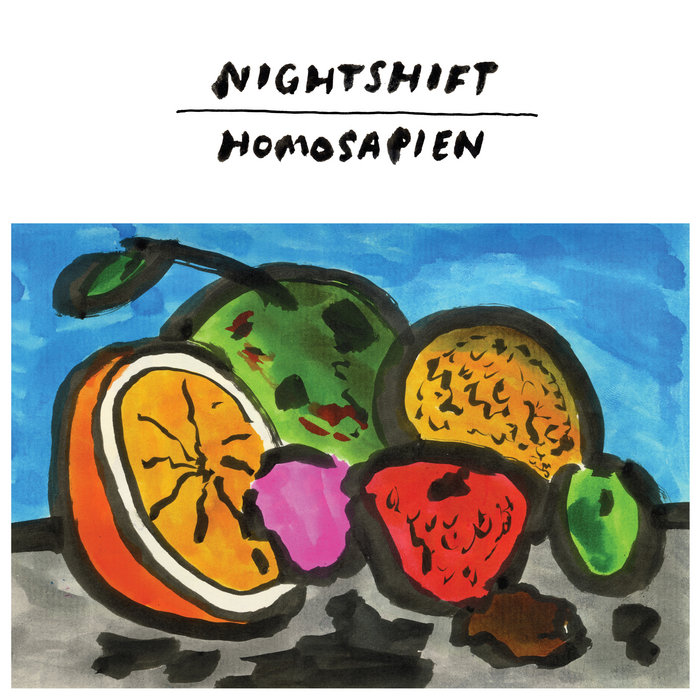
Jamie xx, “All You Children” feat. the Avalanches
An infectious, Italo-disco-inspired track built around this beautiful sample of Nikki Giovanni reading “Dance Poem.” That bridge, though—it must be heard to be believed.
Midwife, “Rock N Roll Never Forgets”
Not the Bog Seger song—although hearing a Midwife treatment of that would be something—this is the chilly, glacial Midwife sound from Madeline Johnston, one of the best to ever do it.

Metronomy x Nourished by Time, “My Love”
You’re always going to get something special where Nourished by Time is involved, and this digi-bass-heavy, Soft Cell-esque—I swear—collaboration delivers.

Dean Blunt, “chucking it” feat. Nova Varnrable
Maybe my brain was fried this week, but this three-chord song—which has been around for a while but finally got an official release in July—is amply soothing and effortlessly poetic, fitting a very specific need I had this week to be soothed and awed.




